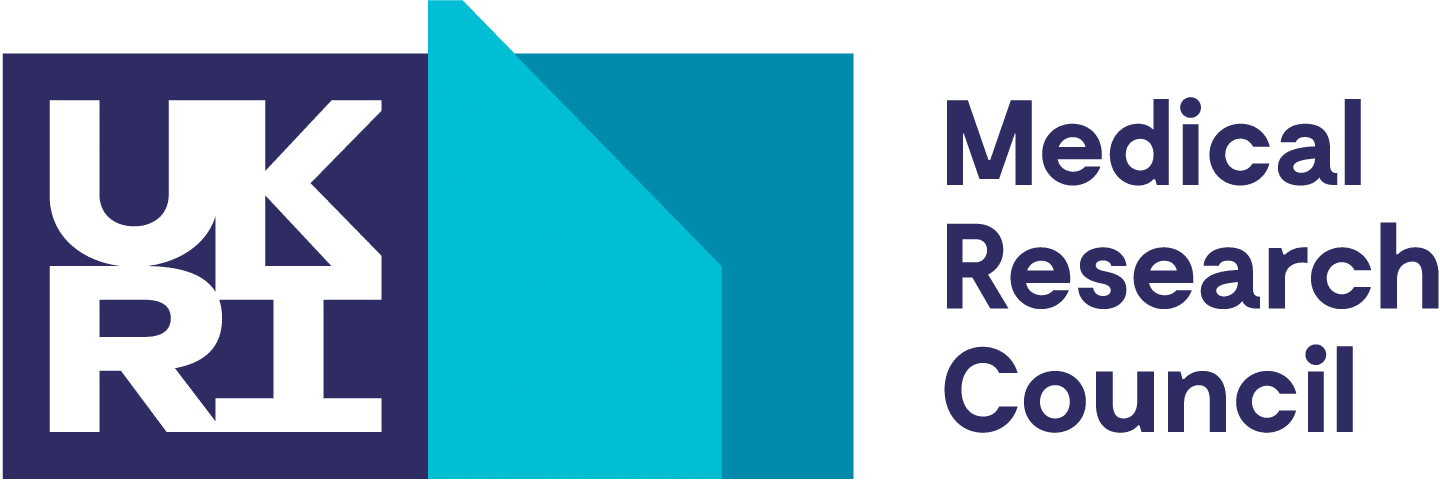The Intention to Apply (I2A) deadline for the Stage II UK Regenerative Medicine Platform – Call for Disease/Systems focussed programmes has now closed. The I2A which have been received and are aligned with the remit of the call and its strategic interests are listed below (alphabetically by Principal Investigator surname, followed by the research organisation and title of the proposed application).
In order to facilitate engagement with other stakeholders/end users such as biopharma/small-medium enterprises who might wish to explore opportunities to engage collaboratively with one or more of the proposals ahead of the final submission, the full 2 page I2A for all applicants can be found [here – bookmarked within the single PDF file]. Should collaborative interactions wished to be pursued please contact the respective PI directly.
Dr Sajjad Ahmad, University of Liverpool
The development and delivery of cellular therapies for corneal blindness.
Professor Charles Archer, Swansea University
Generating durable and resilient repair of cartilage defects – a systematic, therapeutic approach.
Professor Andy Carr, University of Oxford
A woven and electrospun polydioxanone scaffold to orchestrate endogenous soft tissue regeneration.
Professor Peter Clegg, University of Liverpool,
Development of evidence–based guidelines for non-invasive monitoring of regenerative approaches for osteochondral repair – Determining efficacy of repair and preventing osteoarthritis.
Professor Pete Coffey, University College London
Scalable production of retinal pigment epithelial cells from induced pluripotent stem cell under GMP conditions for cellular replacement therapy of the dry form of age-related macular degeneration.
Dr Richard Day, University College London,
Muscle regeneration using progenitor cells and tips microspheres.
Professor Lucy Di-Silvio, Kings College London
3D custom scaffolds for hard and soft tissue repair.
Professor Stuart Forbes, University of Edinburgh
The development of 3-dimentional implantable liver organoids.
Dr Cedric Ghevaert, University of Cambridge
Creating an artificial GMP-compliant niche and its application in 3D manufacturing processes for cost effective production of blood products.
Dr Christine Le Maitre, Sheffield Hallam University
Safety and efficacy testing of a novel system for regeneration of the intervertebral disc.
Professor Sheila MacNeil, University of Sheffield
Regenerative medicine for stress urinary incontinence and pelvic organ prolapse.
Dr Rudi Marquez, University of Glasgow
Tissue Regeneration within Diabetes (use of a small synthetic, “drug-like”, mimetic of IGD peptide (BDP-1)).
Professor Andrew McCaskie, University of Cambridge
SMART STEP – Stepwise translational pathway for smart material cell therapy.
Dr Richard Nicholas, Imperial College London
Randomised placebo controlled trial of allogenic mesenchymal stem cells in optic neuritis.
Professor Stuart Ralston, University of Edinburgh
Using biomechanical unloading to understanding and manipulate the regenerative stem niche in advanced osteoarthritis.
Professor James Richardson, Keele University
Injectable cell therapies for orthopaedic repair (ICOR): a clinical/scientific feedback loop for defining the best approaches.
Professor Salmeron-Sanchez, University of Glasgow
Synergistic microenvironments for non-union bone defects.
Professor James Shaw, Newcastle University
Targeting inflammation – the limiting factor for pancreatic beta-cell therapy.
Professor Bing Song, Cardiff University
Optimising multidisciplinary stem cells replacement therapy in spinal cord injury repair.
Professor Phil Stephens, Cardiff University
Immunological manipulation to maximise regenerative therapies in osteoarthritis.
Professor Alan Stitt, Queens University Belfast,
Developing vascular stem cell therapy for diabetic retinopathy.
Professor Tonia Vincent, University of Oxford,
Enhancing intrinsic repair of articular cartilage in osteoarthritis.
Dr Ana Williams, University of Edinburgh
Exploration of intrinsic and extrinsic variables in myelination by human oligodendrocytes from patients with benign or severe MS.







